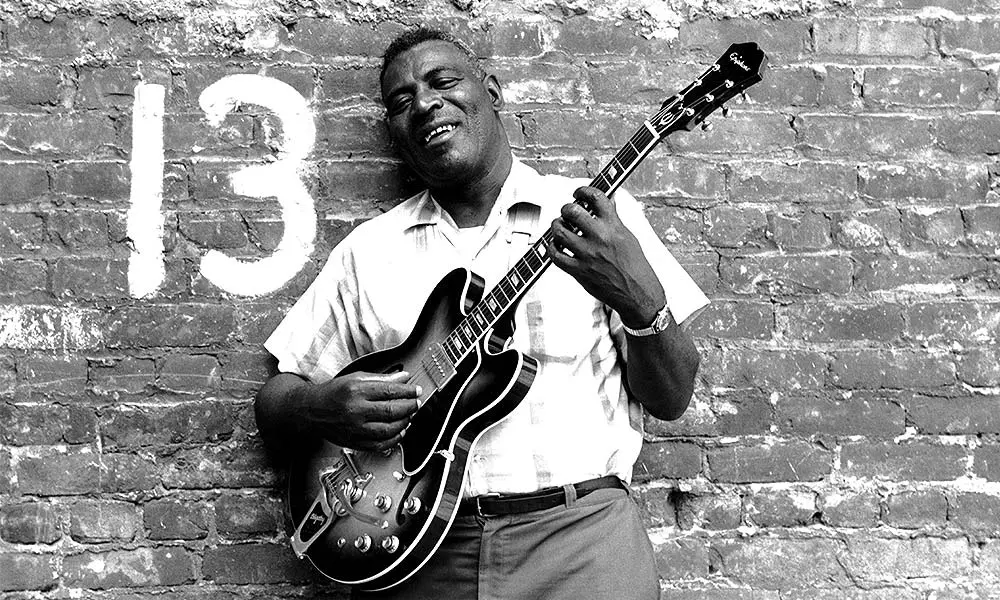Conscience of the Blues: How Howlin' Wolf Got Caged in Oregon
AUGUST 9, 2024
BY JEFFREY ST. CLAIR

Drawing by Nathaniel St. Clair
From his locked room, Chester Burnett could hear the trains rattling up the tracks, one every half hour. They reminded him of home, back on Dockery Plantation, when he played on the porches of old shacks with Charley Patton, blowing his harmonica to the rhythm of those big wheels rolling along the rails. Those northbound trains were the sound of freedom then.
Now he was in the madhouse, where grown men, their minds broken by the carnage of war, wailed and screamed all night long. Most of them were white. Some were strapped to their beds. Others ambled with vacant eyes, lost in the big room. Chester just stood in the corner and watched. He didn’t say much. He didn’t know what to say. Sometimes he looked out the barred window across the misty fields toward the river and the big mountains far beyond, white pyramids rising above the green forests.
The doctors came every day, men in white jackets with clipboards. They showed him drawings. They asked about his family and his dreams. They asked if he’d ever killed anyone—he had but he didn’t want to talk about that. They asked him to read a big block of words to them. But Chester couldn’t read. He’d never been allowed to go to school.
. . .
Chester Burnett, by then known throughout the Mississippi Delta as Howlin’ Wolf, had been inducted into the Army in April 1941. Wolf didn’t go willingly. He was tracked down by the agents of the Army and forced into service. Years later, Wolf said that the plantation owners in the Delta had turned him in to the military authorities because he refused to work in the fields. Wolf was sent to Pine Bluff, Arkansas for training. He was thirty years old and the transition to the intensely regulated life of the army was jarring.
More:
https://www.counterpunch.org/2024/08/09/conscience-of-the-blues-how-howlin-wolf-got-caged-in-oregon


